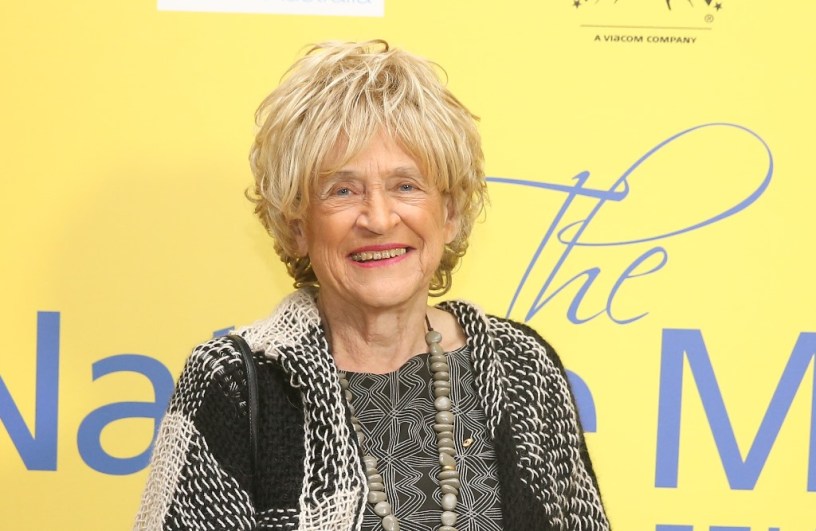Natalie Miller.
The Australian films and feature documentaries released in cinemas this year including holdovers collectively have grossed $39.7 million.
So while the calendar year total will fall short of 2018’s $57.4 million, it should be noted Peter Rabbit was the top local title last year, grossing $26.7 million, which alone could explain the year-on-year decline. Sony Pictures is due to launch Peter Rabbit 2 next March, so that is virtually certain to be a big contributor to the 2020 revenues.
As Cinema Nova has supported almost every Australian release, IF asked co-executive director Natalie Miller to assess the overall commercial and critical appeal of this year’s Oz slate.
“It’s not bad but it’s not great,” says the veteran exhibitor/distributor, who gives high marks to Ride Like a Girl, Top End Wedding, Storm Boy, Palm Beach and the feature docs 2040, Mystify: Michael Hutchence and The Australian Dream.
Among the films she believes deserved to perform better, she cites Anthony Maras’ Hotel Mumbai (which suffered by opening on the same weekend as the Christchurch massacre), Kriv Stenders’ Danger Close: The Battle of Long Tan, Jennifer Kent’s The Nightingale, Sophie Hyde’s Animals (Miller thinks the title was misleading) and Rodd Rathjen’s Buoyancy (“a good, touching story with a very good performance by the lead actor”).
She was disappointed with the low turn-outs for Mirrah Foulkes’ Judy & Punch (“a strange subject matter and too much violence”), Ben Hackworth’s Celeste, Thomas M. Wright’s Acute Misfortune and several feature docs, Liam Farmiger’s Suzi Q, Janine Hosking’s The Eulogy (“the distributor waited too long to release it a year after the festivals; it should have taken a huge BO”), and Genevieve Bailey’s Happy Sad Man.
Miller voices the widespread industry view that many Australian films should bypass theatrical and go straight to streaming. She recommends the government revise the Producer Offset rules to remove the obligation for cinema release for small films.
Concluding on an optimistic note, she says: “It’s fantastic to have an Australian film industry that is so well supported by the government. The opportunities are there for filmmakers to make great films. They all need to think carefully about what they make the films about, not indulgent about their own lives.”
For the full Motion Picture Distributors Association of Australia’s scorecard go here. The figures are for 2019 only.


